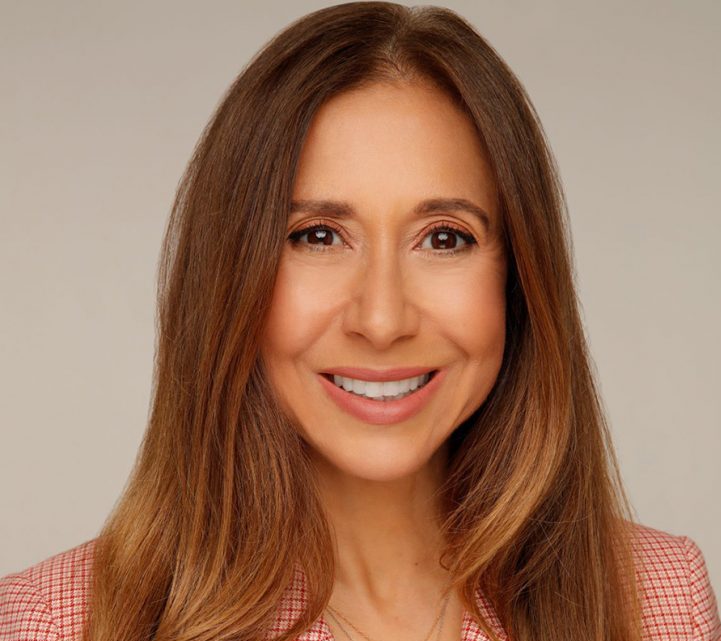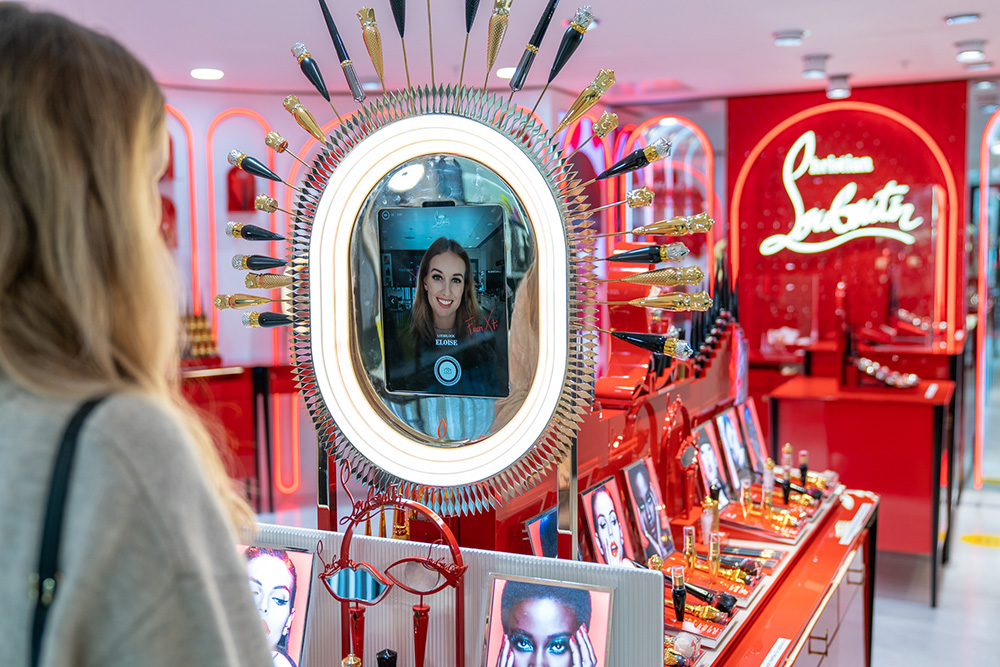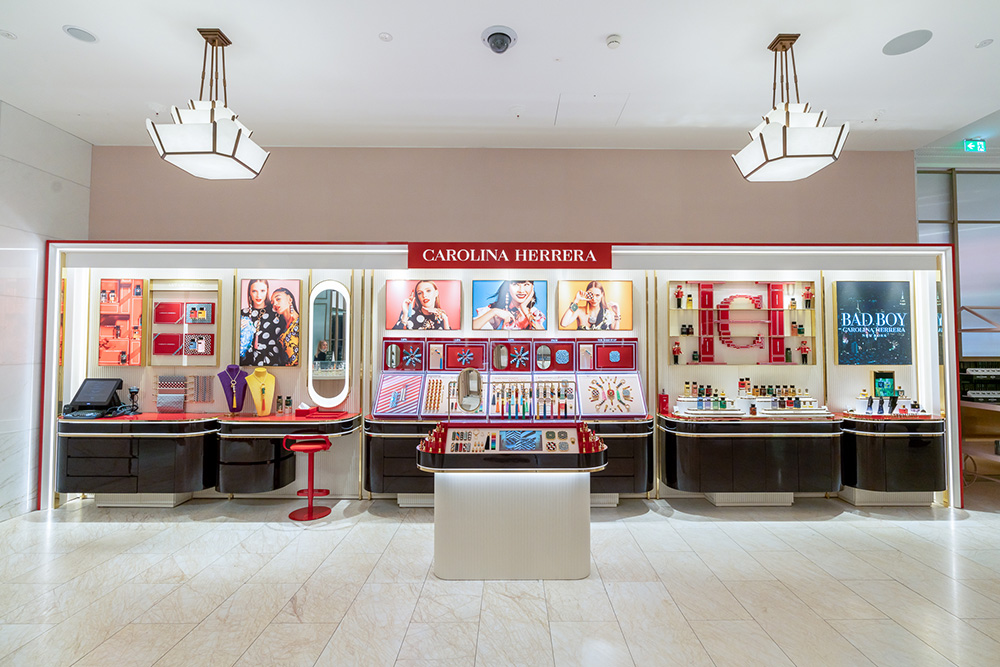
Celine Gilg, managing director of Puig UK & Ireland and board member of Cosmetic Executive Women (CEW) UK, speaks to Caroline Neville MBE about her long-time love for the beauty industry.
What is your experience in the beauty industry?
I have always worked in beauty, I am completely devoted to it. Beauty careers have empowered women in exemplary ways and the industry has been good to me. I started in public relations in New York City working on beauty clients. Later, I joined L’Oréal in the UK, then LVMH, Estée Lauder Companies and now, Puig. Among our portfolio of brands are Charlotte Tilbury, Carolina Herrera, Paco Rabanne and Penhaligon’s; plus the licenses for Christian Louboutin and Comme des Garçons perfumes. I have also been a proud, long-time member of CEW UK, the industry association that unites the beauty community. I’m currently on the board.
What have been the most significant changes in the beauty industry – and in fragrance – in the last 10 years?
The rise of social media, e-commerce and direct-to-consumer (DTC) retail have made tectonic and irreversible shifts in the ways beauty brands market to consumers. The brands that have thrived in the last 10 years – whether new to the scene or large, legacy ones – have focused their efforts on being ‘in conversation’ with their customers; on offering a personalised and engaging experience – whether physical or virtual – and, of course, on product quality and creativity.
The fragrance category has been generally behind the digital curve, as it took longer to overcome the obstacle of translating the olfactive experience at physical point-of-sale to online. Now, there’s much more sophisticated fragrance-profiler technology, which will be key to overcoming consumer resistance to shopping fragrance online. For example, the Puig fragrance innovation team has developed WikiParfumsTM – by mining a fragrance database of 12,000 perfumes, the tool allows you to visualise how a perfume smells in a simple and universal way, whether in-store or online.
Who is your customer and how do you communicate with them?
Our brands aim to empower people to find their own expression. This is the era of personalisation and there is no one way that we communicate with our diverse customer base. At Puig, we are known for winning with bold and disruptive innovation, so to enable this creativity we are not afraid to experiment with new acquisition and conversion models or new channels. The recipe for success is to genuinely serve relevant content and to do so in the right amount, at the right time, at both digital and physical touchpoints; lots of great stories, lots of interactive digital tools, expert advice from our in-store teams and lots of samples!
How has Puig navigated the challenges presented by Covid-19?
The biggest priorities were safety, care, and continued transparency with our people, to protect jobs. Global top management ensured all communications were aligned and employees were updated regularly on how we were navigating the crisis. The decisiveness and collaboration in handling these unprecedented times helped us come out stronger and achieving better-than-anticipated results.
I’ve been pleasantly surprised by the relative resilience of the UK fragrance sector during Covid-19. I think the crisis has only accelerated existing trends, pushing the envelope to make us better at on/offline frictionless shopping, to embrace social and digital ecosystems more decisively, and to win by understanding the science of what it takes to be seen and trigger purchasing. That’s the biggest win – barriers to shopping fragrance online have lowered considerably, thanks to our virtual confinement.
What is the beauty industry’s biggest challenge?
It seems to me that the beauty industry is decisively committing to its responsibility to protect the planet, which has got to be our largest challenge and our shared opportunity for a sustainable sector for future generations. The diversity and inclusivity agenda is also firmly on the beauty map, with a welcome end to a more conformist view of beauty standards.
What advice would you give to someone starting out in beauty?
Make yourself indispensable to your management by becoming an expert on topics they aren’t. Represent your generation and their interests. Be a digital expert and, if you are so inclined, champion your brands in the digital space – today, everyone is an influencer! Build a diverse network, it will be your career-long support.
Do you have any insights on how the industry may evolve as a result of Covid-19 challenges?
An industry commitment to the environment and a social agenda that matters to customers are here to stay. An acceleration of the digitalisation of the industry, definitely – I see the next few years being an evolution of this new, blended physical and virtual model. Brands that offer confidence and wellbeing will thrive – I don’t see a good statement lipstick or a mood-boosting fragrance going out of fashion anytime soon!


